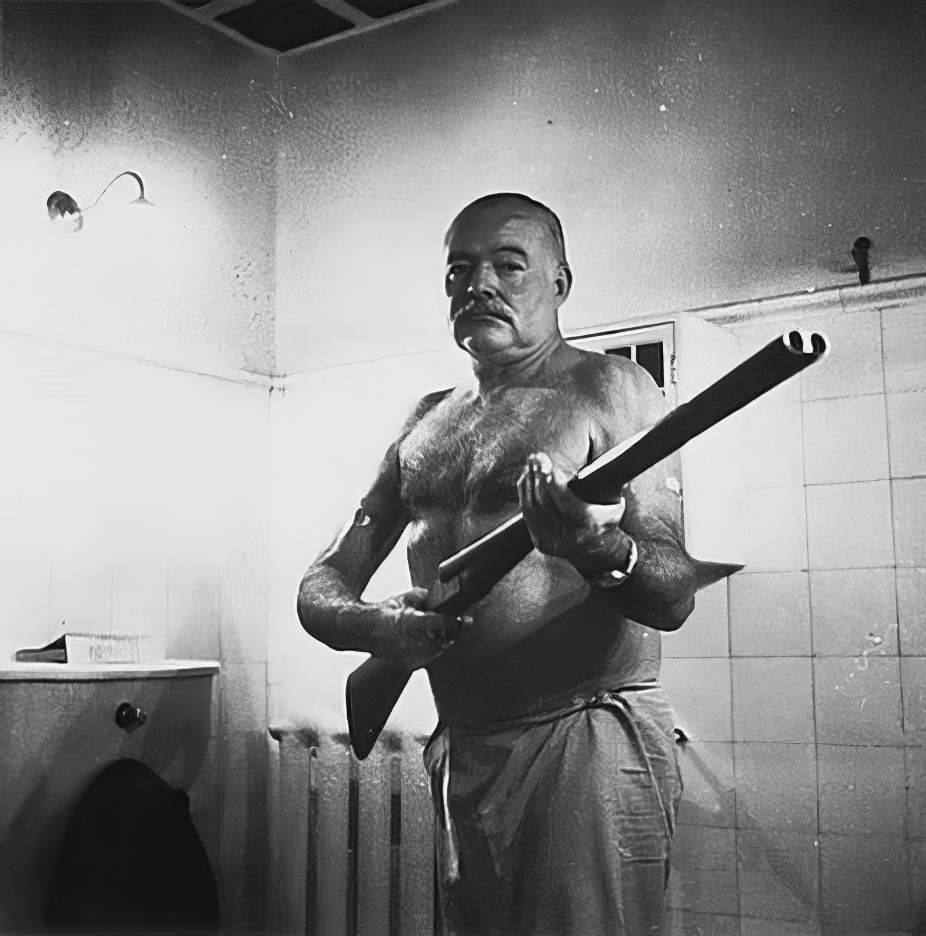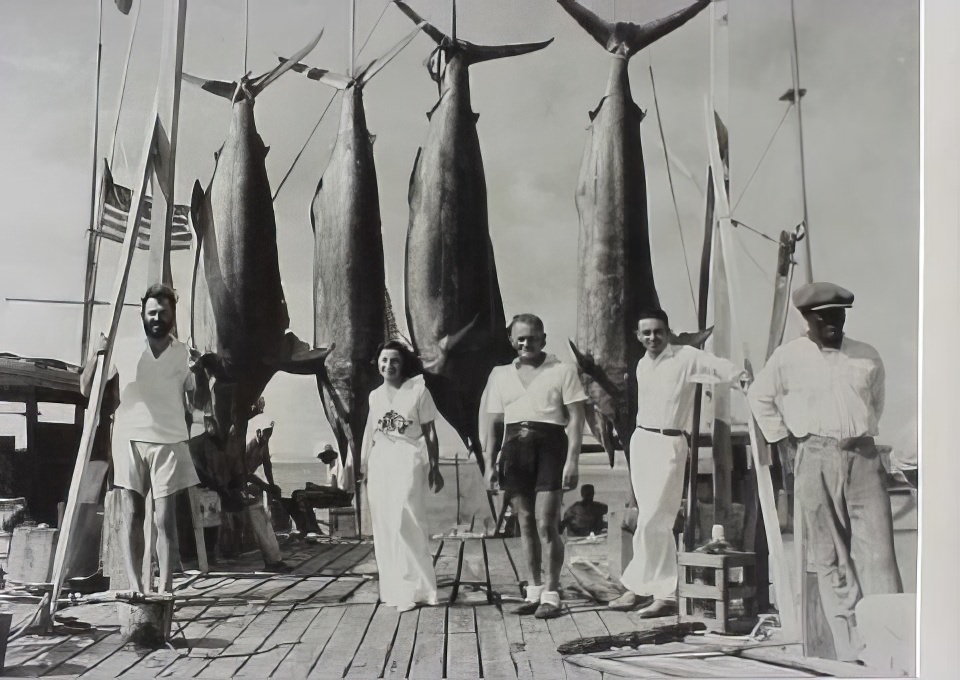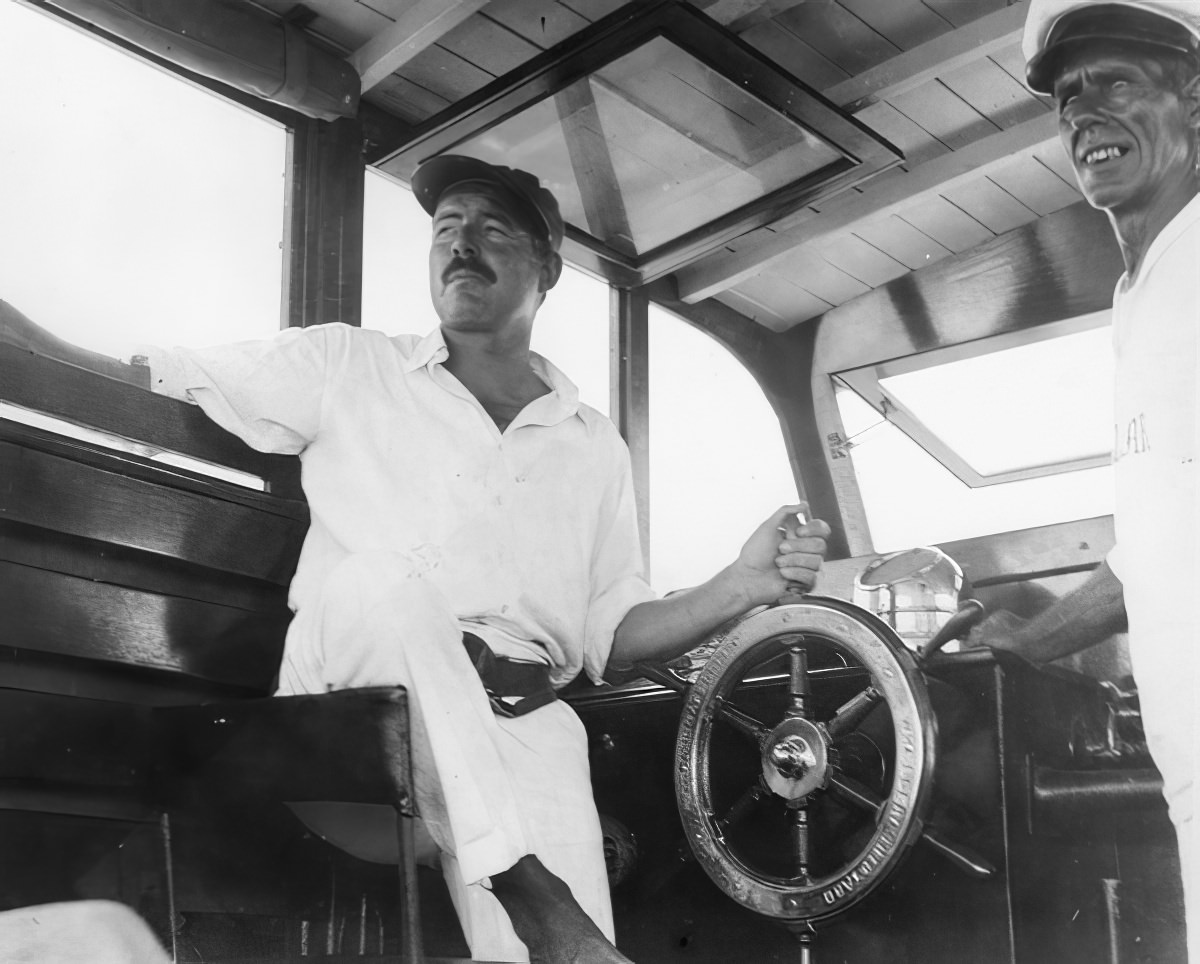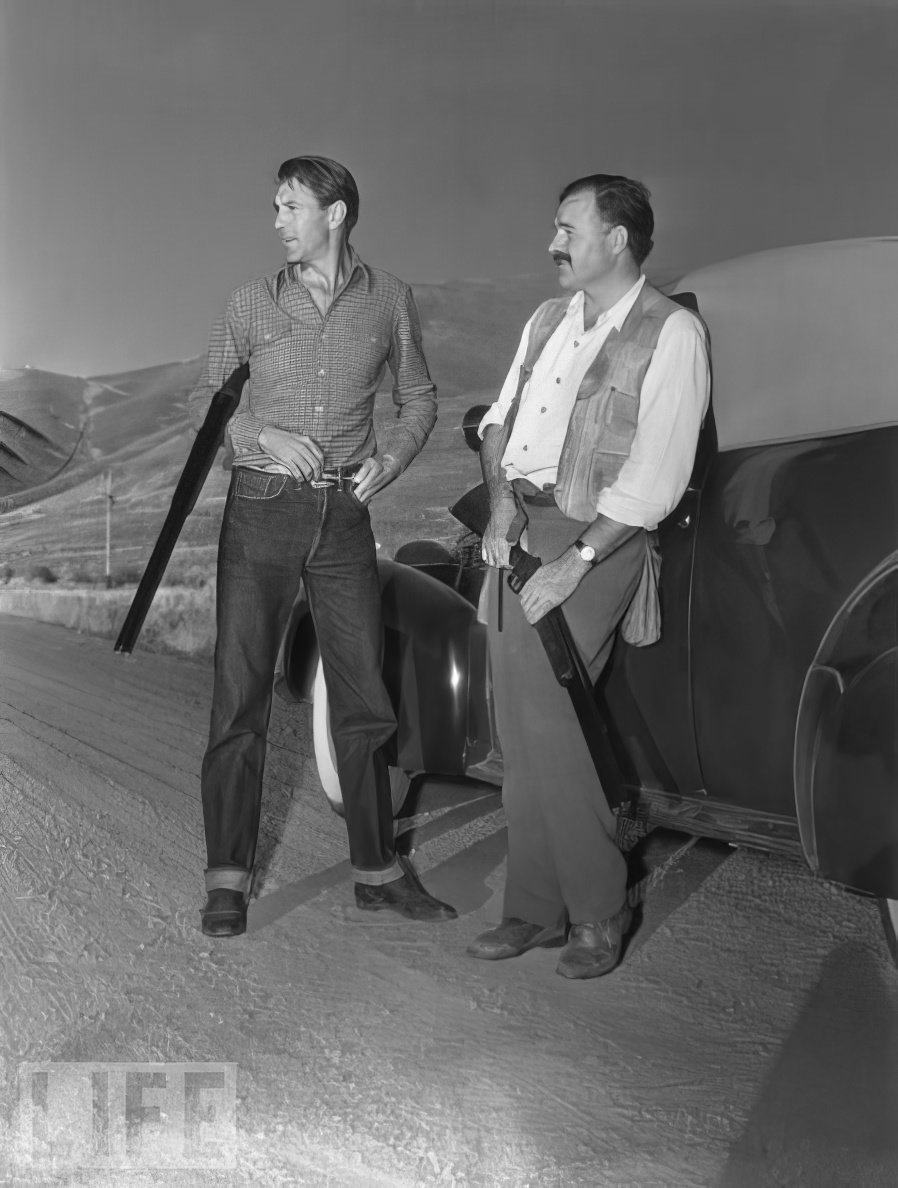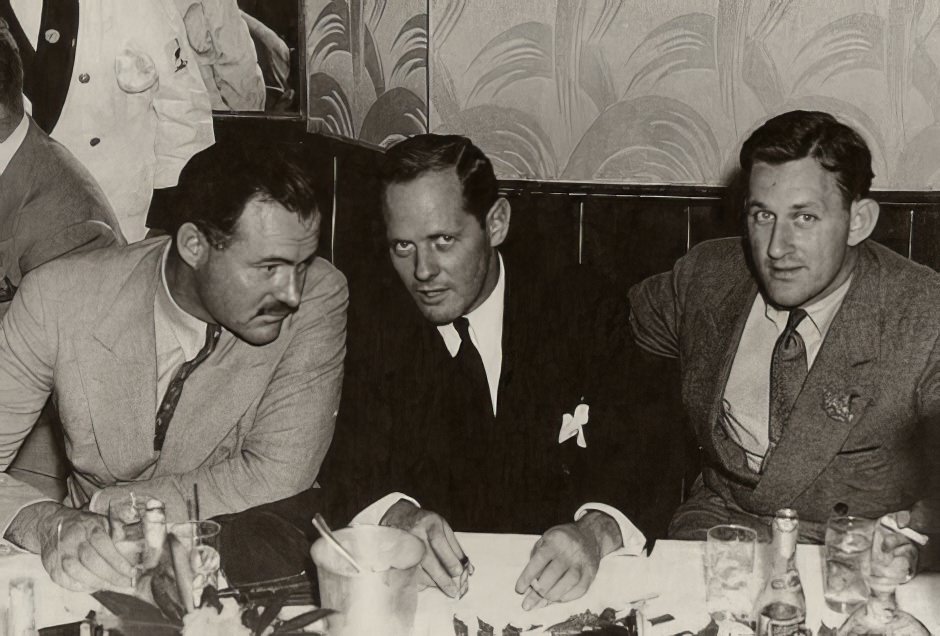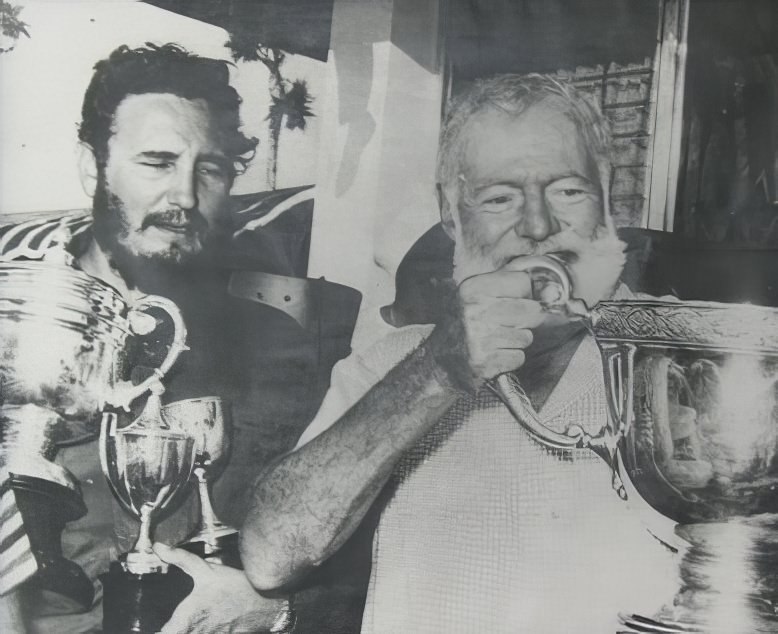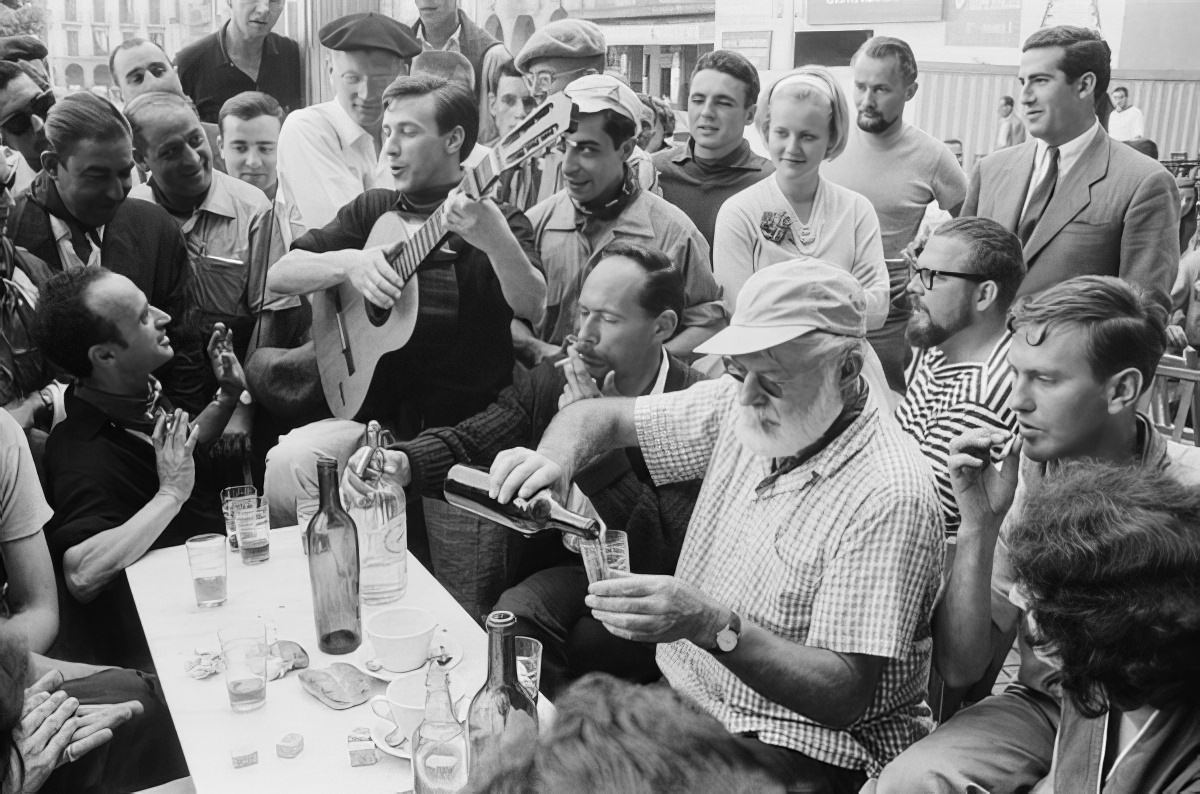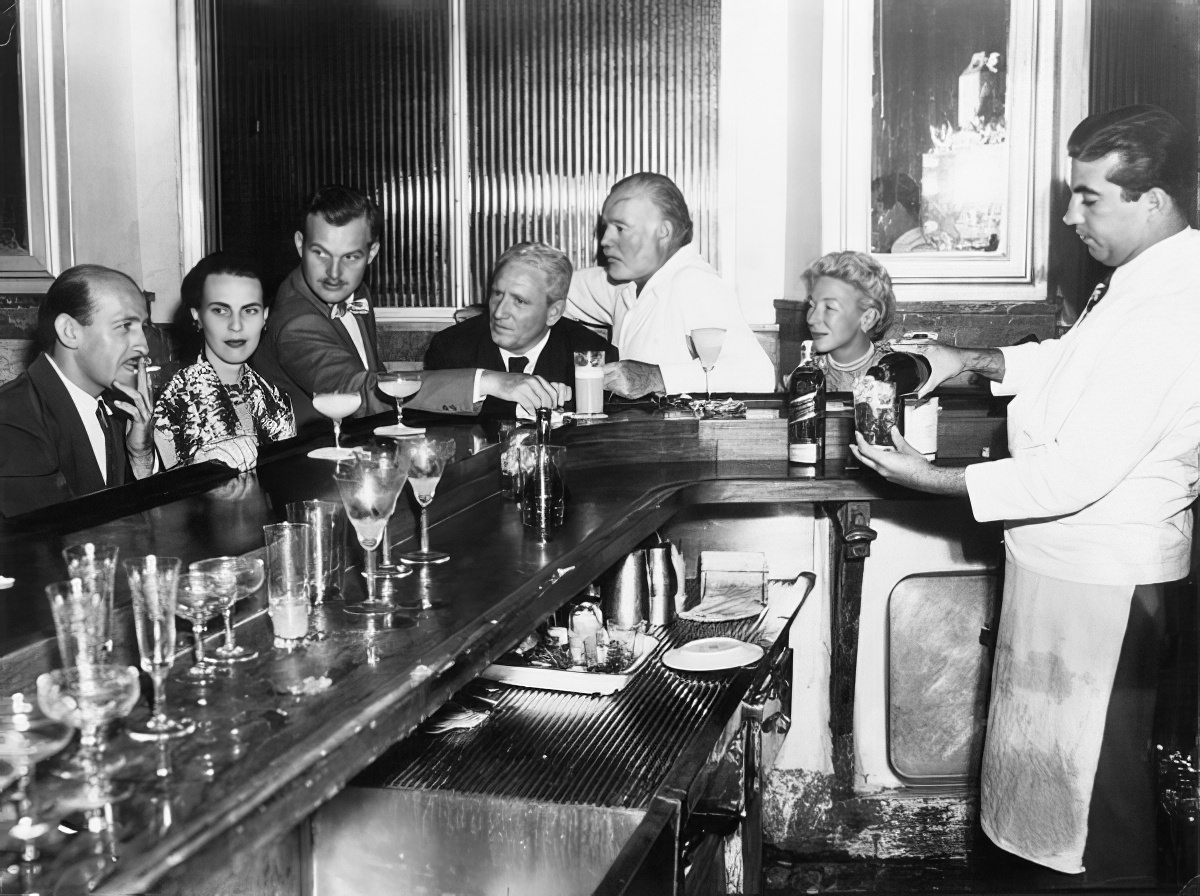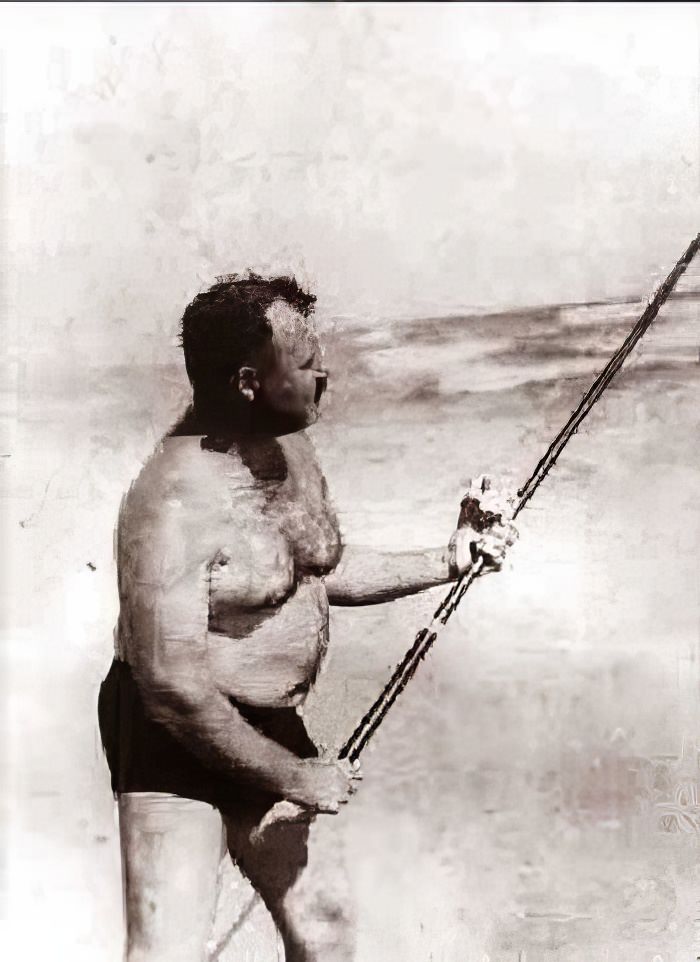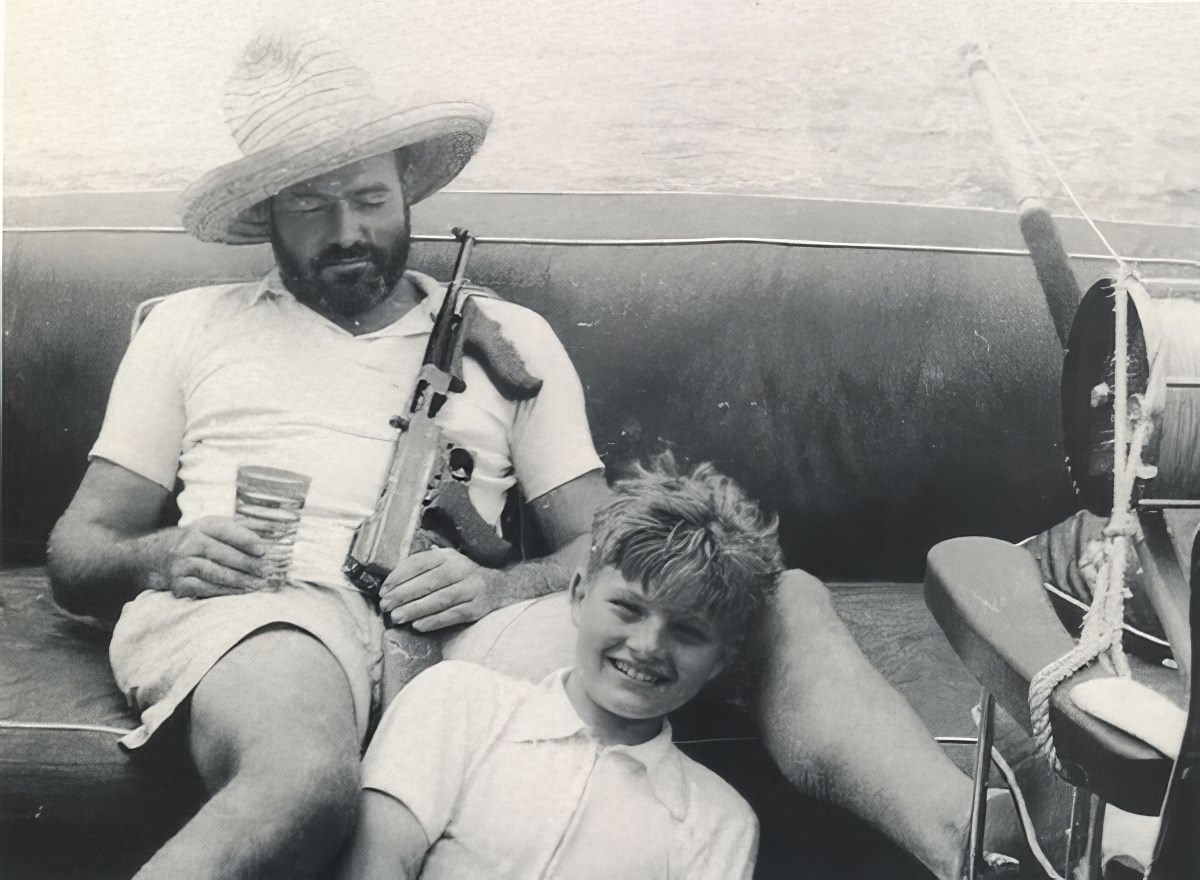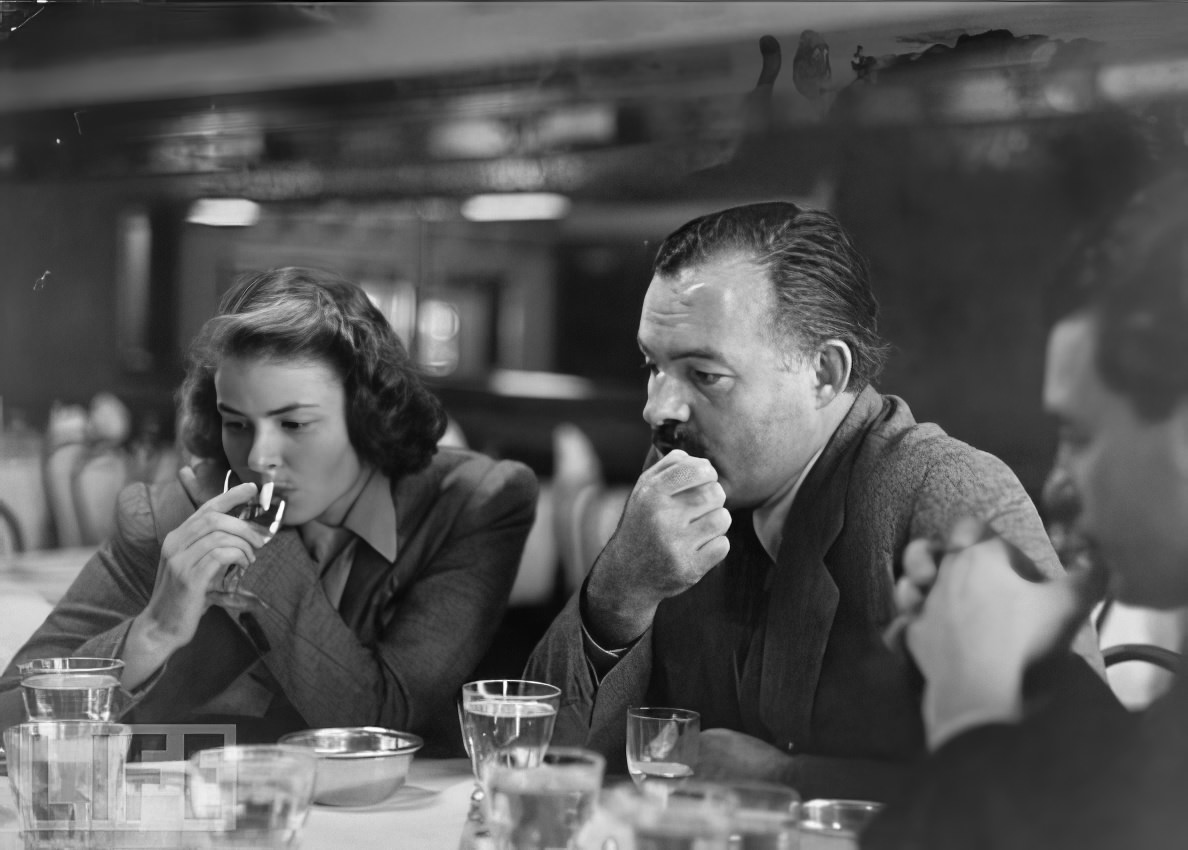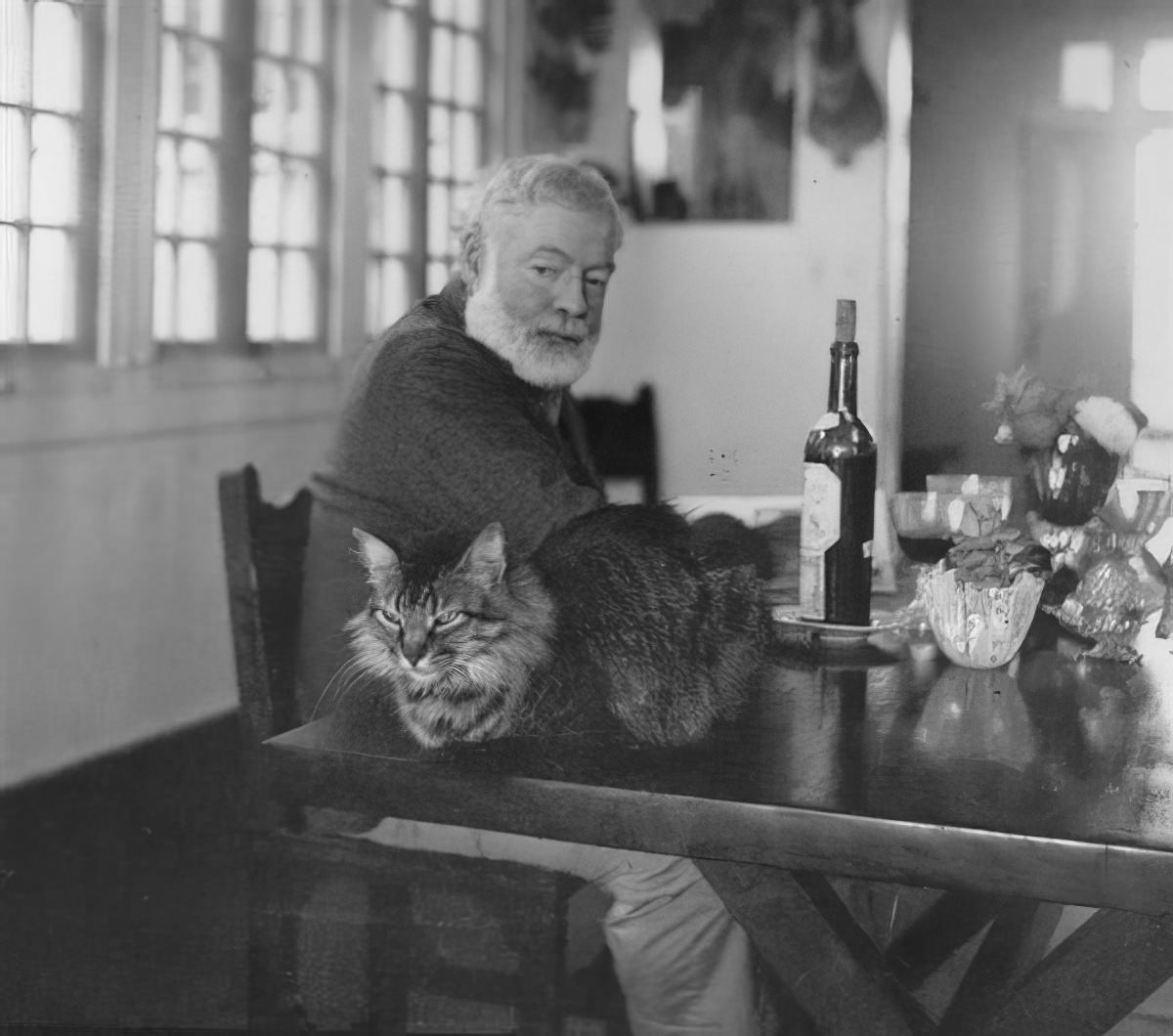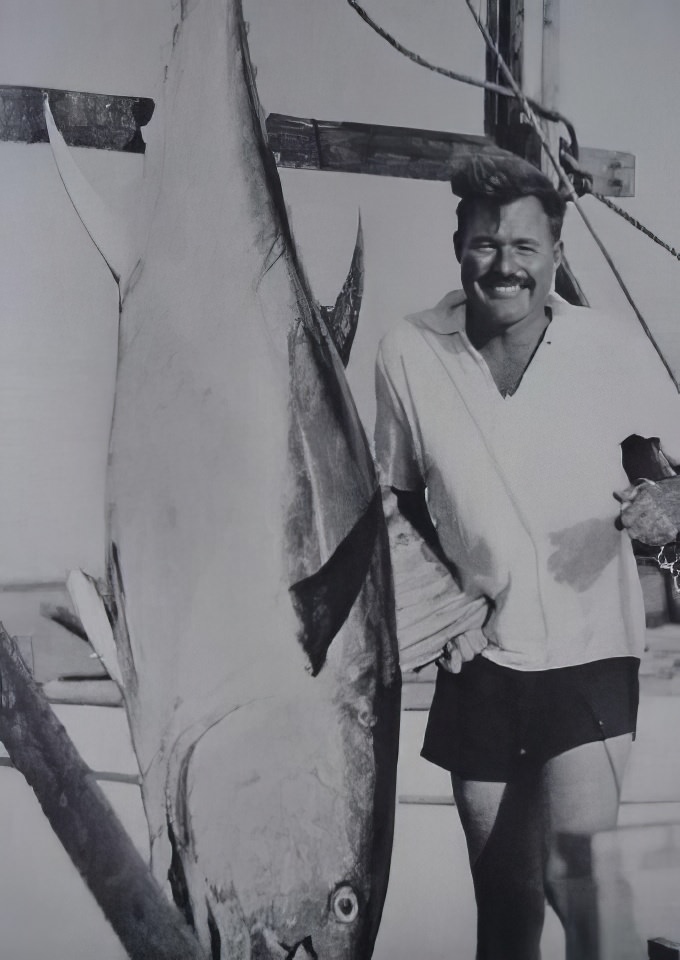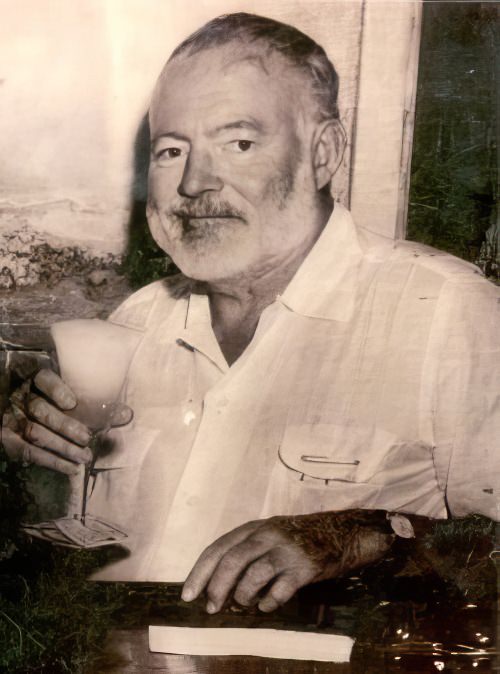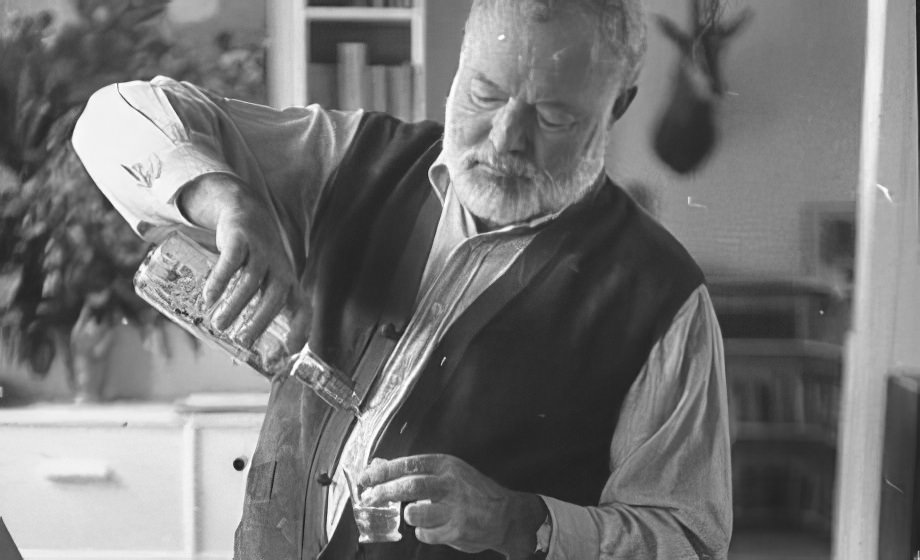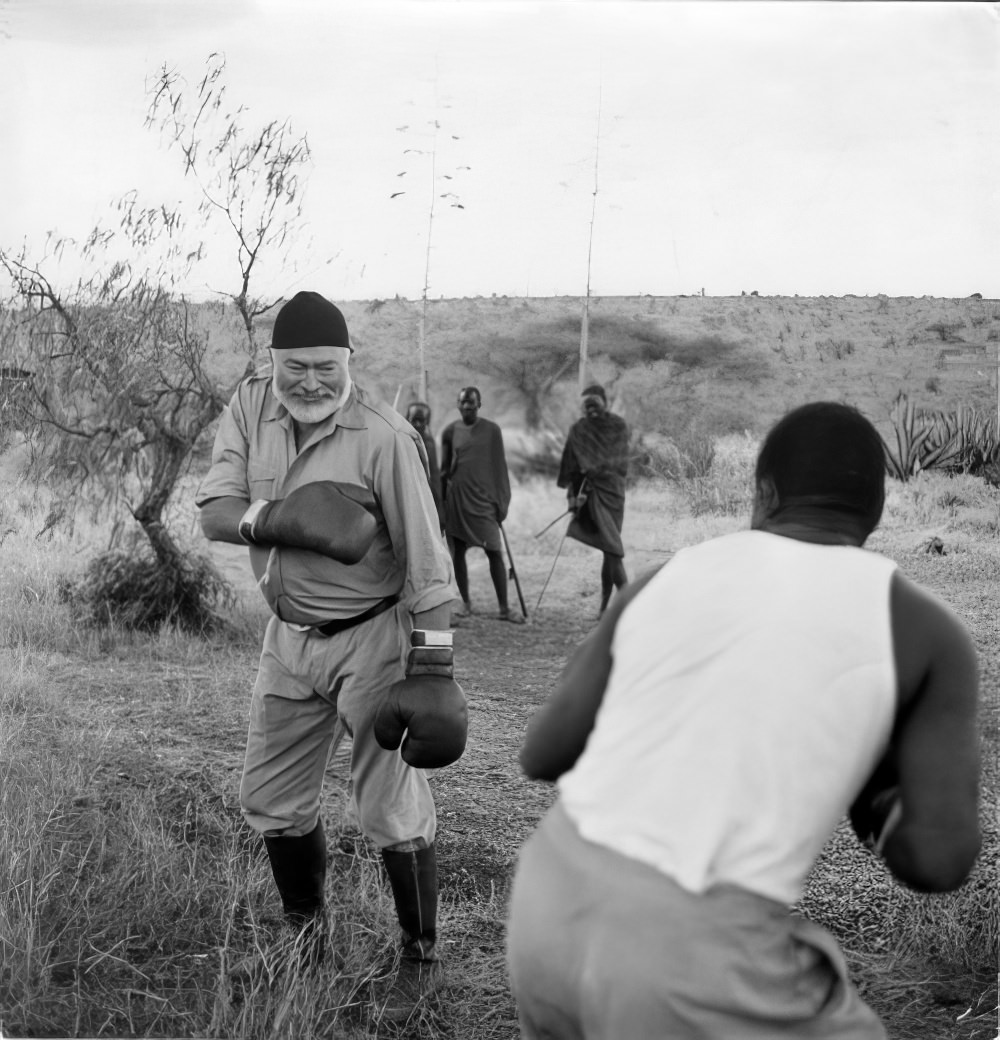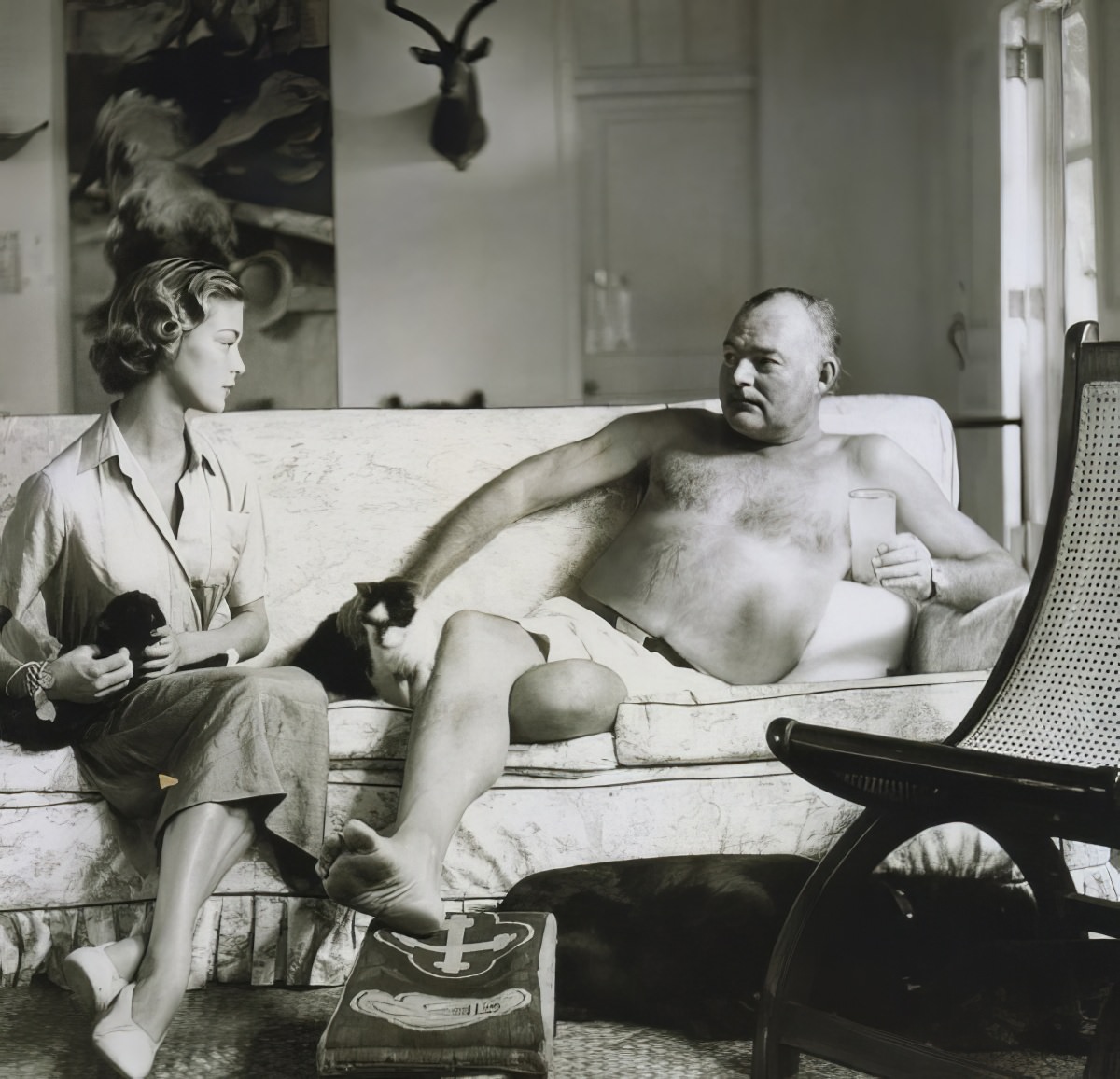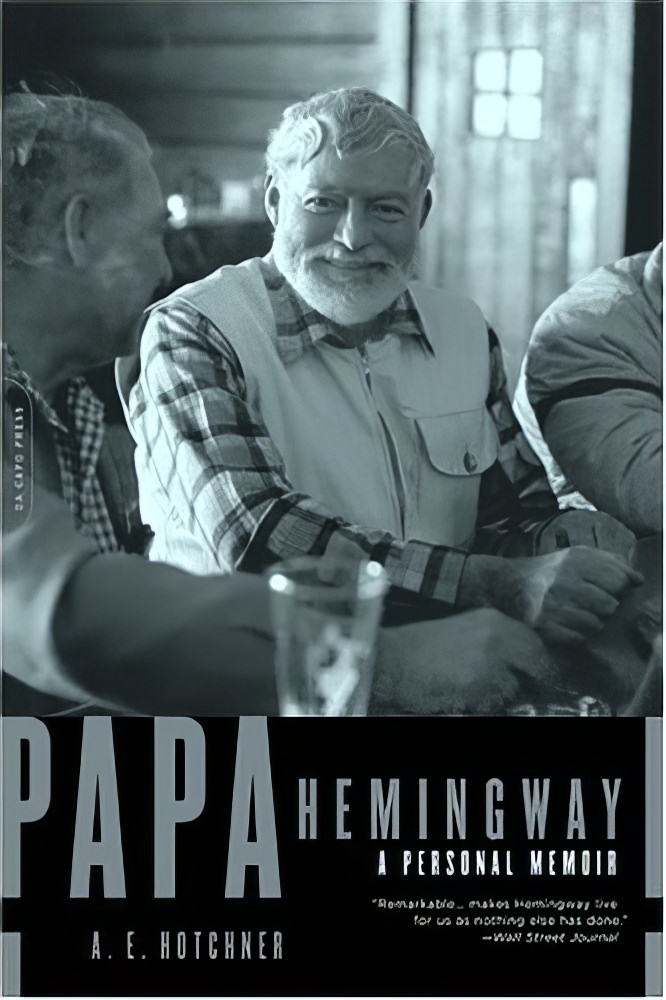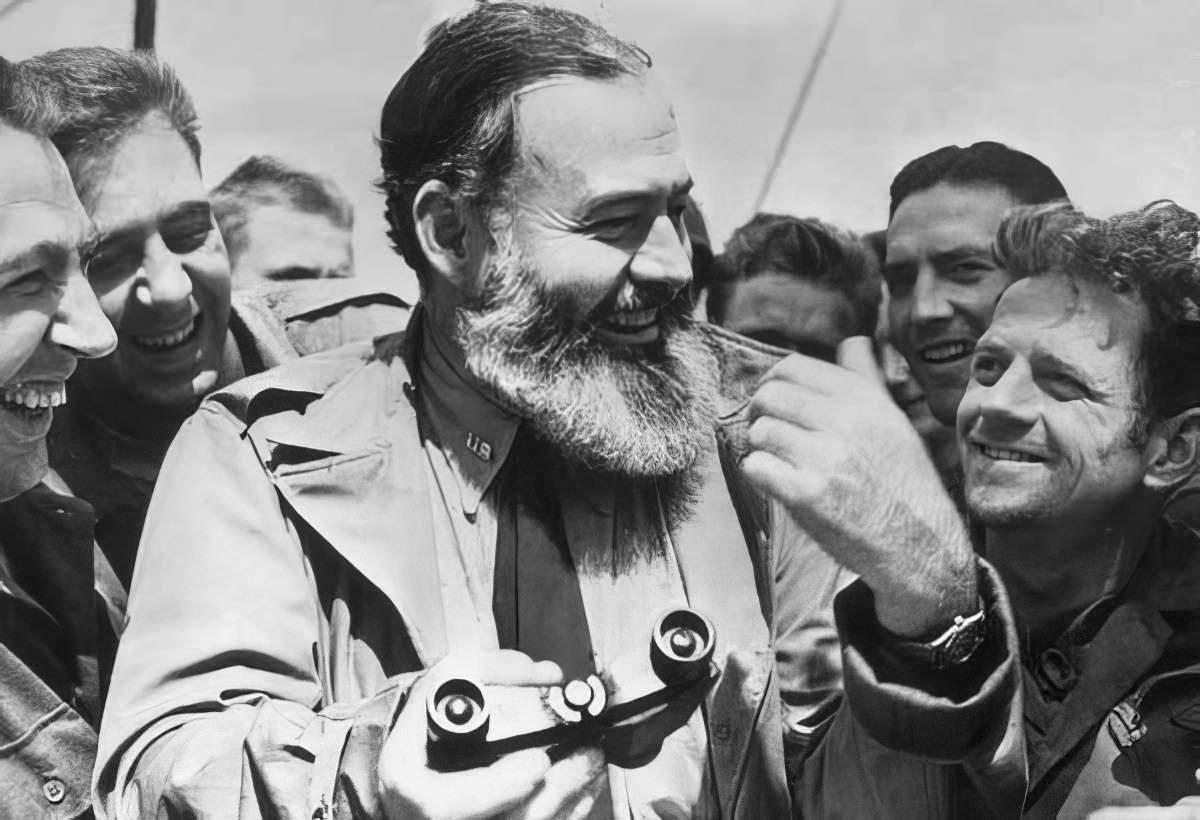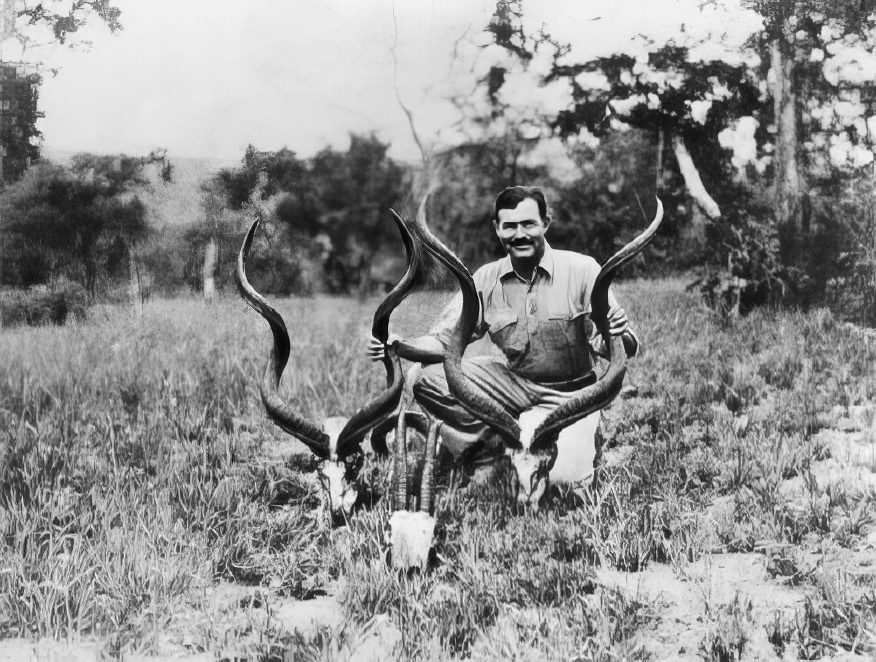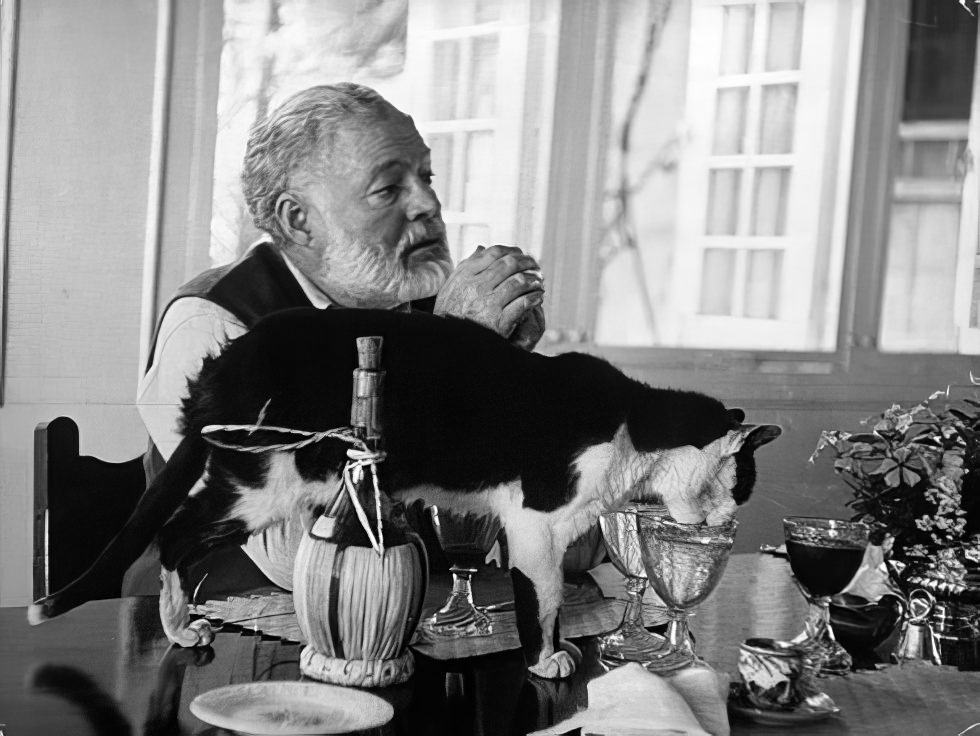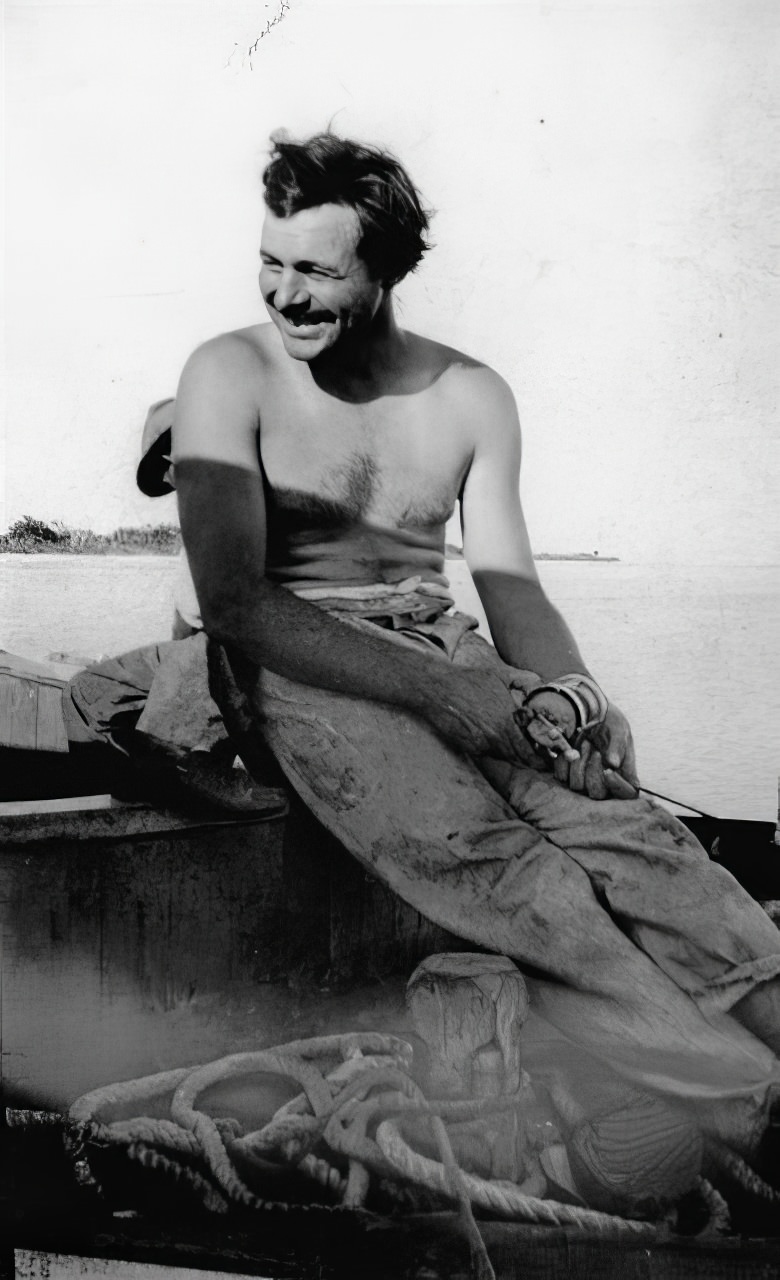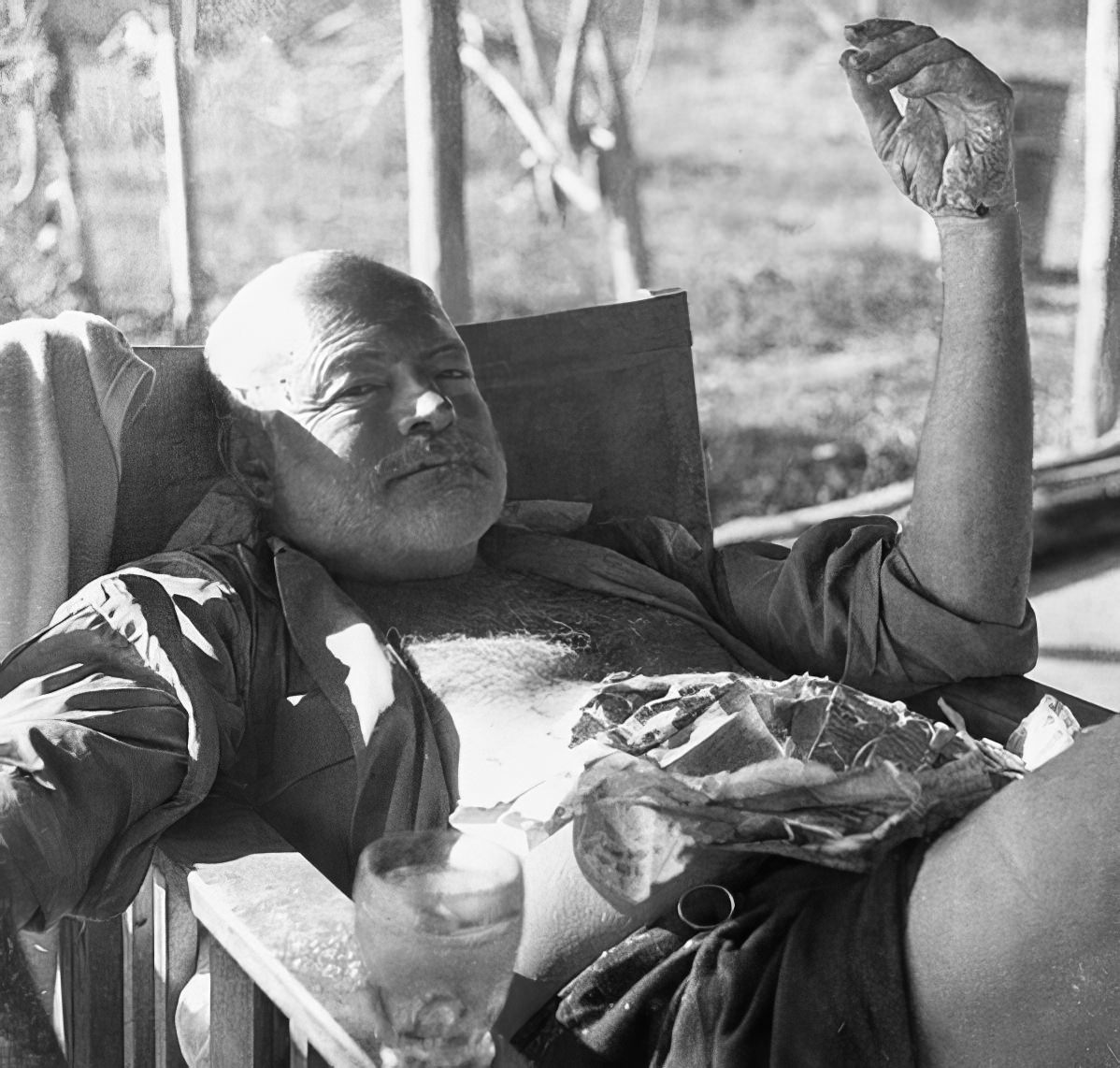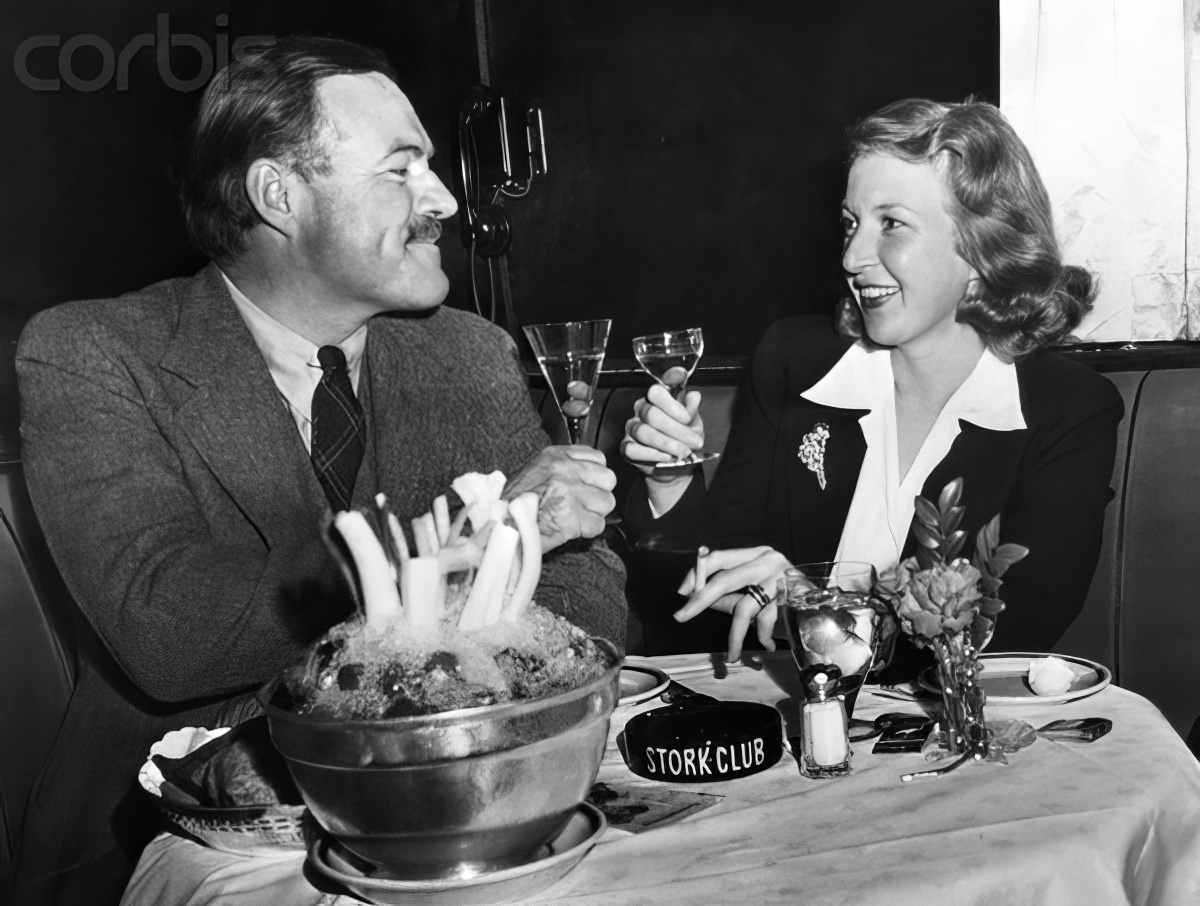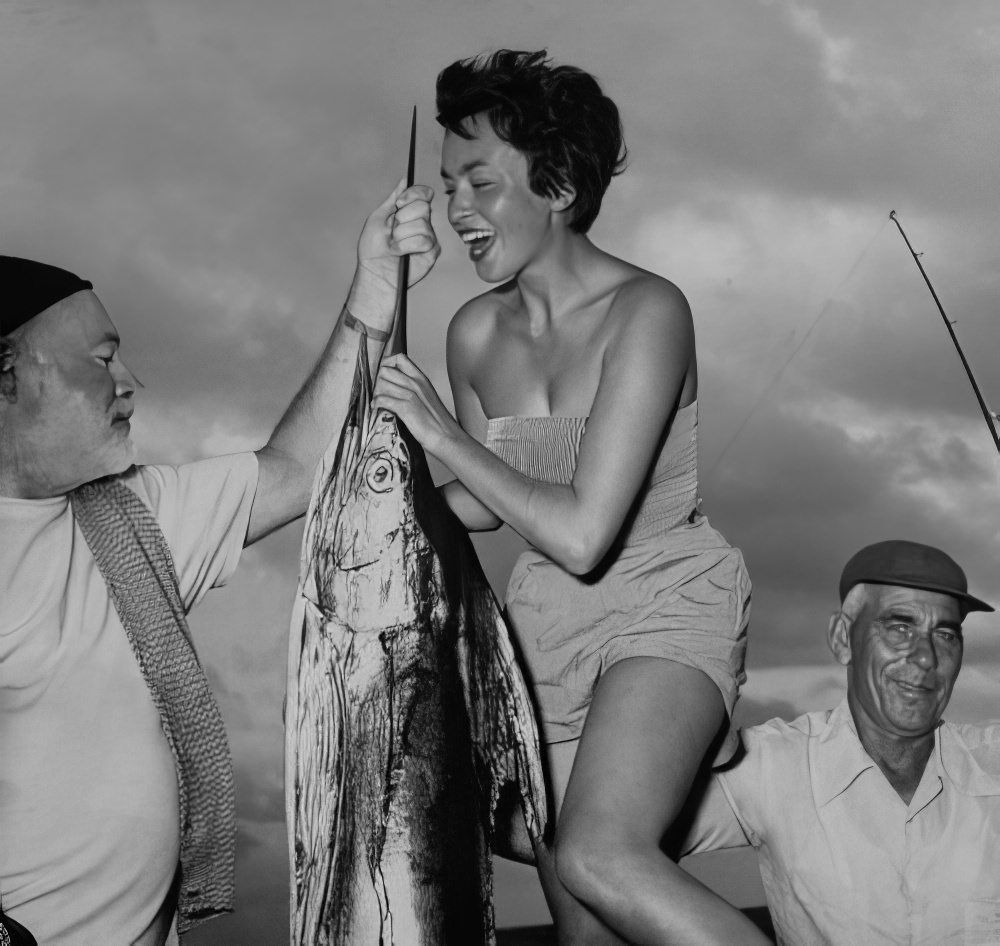Ernest Hemingway wasn’t your average guy. Sure, he wrote some of the most famous books of the 20th century, but he was also an adventurer, a war correspondent, a sportsman, and a larger-than-life personality. Let’s look at the man behind the typewriter.
A Life of Adventure
Hemingway craved adventure. He wasn’t content to sit at a desk all day. He hunted big game in Africa, fished for marlin in the Gulf Stream, and even ran with the bulls in Pamplona. These experiences weren’t just for thrills; they fueled his writing, giving his stories a sense of authenticity and excitement.
War and Its Aftermath
Hemingway’s life was deeply affected by war. He served as an ambulance driver in World War I, an experience that shaped his views on life and death. He later reported on the Spanish Civil War and World War II, witnessing firsthand the horrors of conflict. These experiences found their way into his writing, often exploring themes of courage, loss, and the human spirit in the face of adversity.
The Writer’s Craft
Hemingway was a master of his craft. He developed a unique writing style, known for its simple sentences, vivid descriptions, and powerful emotions. He believed in “showing, not telling,” letting the reader experience the story through the characters’ actions and words. This style became known as the “Iceberg Theory,” with the majority of the story’s meaning hidden beneath the surface.
Hemingway was known for his strong personality and sometimes controversial behavior. He was a heavy drinker, a womanizer, and a man who lived life on his own terms. He could be charming and witty, but also stubborn and quick to anger. His complex nature made him both fascinating and infuriating to those who knew him.
Beyond the Books
Hemingway’s life extended beyond his writing. He was a passionate sportsman, an avid traveler, and a lover of good food and wine. He enjoyed the company of fellow writers, artists, and intellectuals. He was also a devoted father and husband, despite his turbulent personal life.
Hemingway’s impact on literature is undeniable. His books continue to be read and studied worldwide. He won the Nobel Prize in Literature in 1954, cementing his place as one of the greatest writers of his time. His simple yet powerful prose and his exploration of complex themes continue to resonate with readers today.


